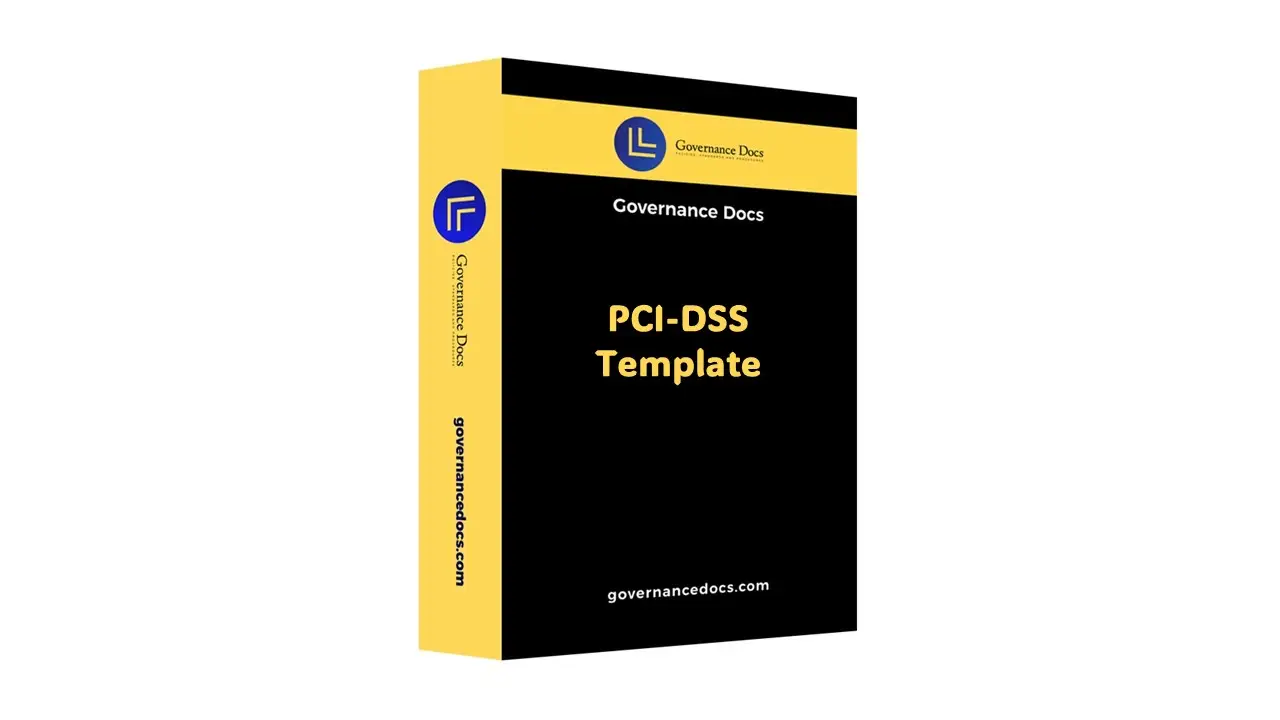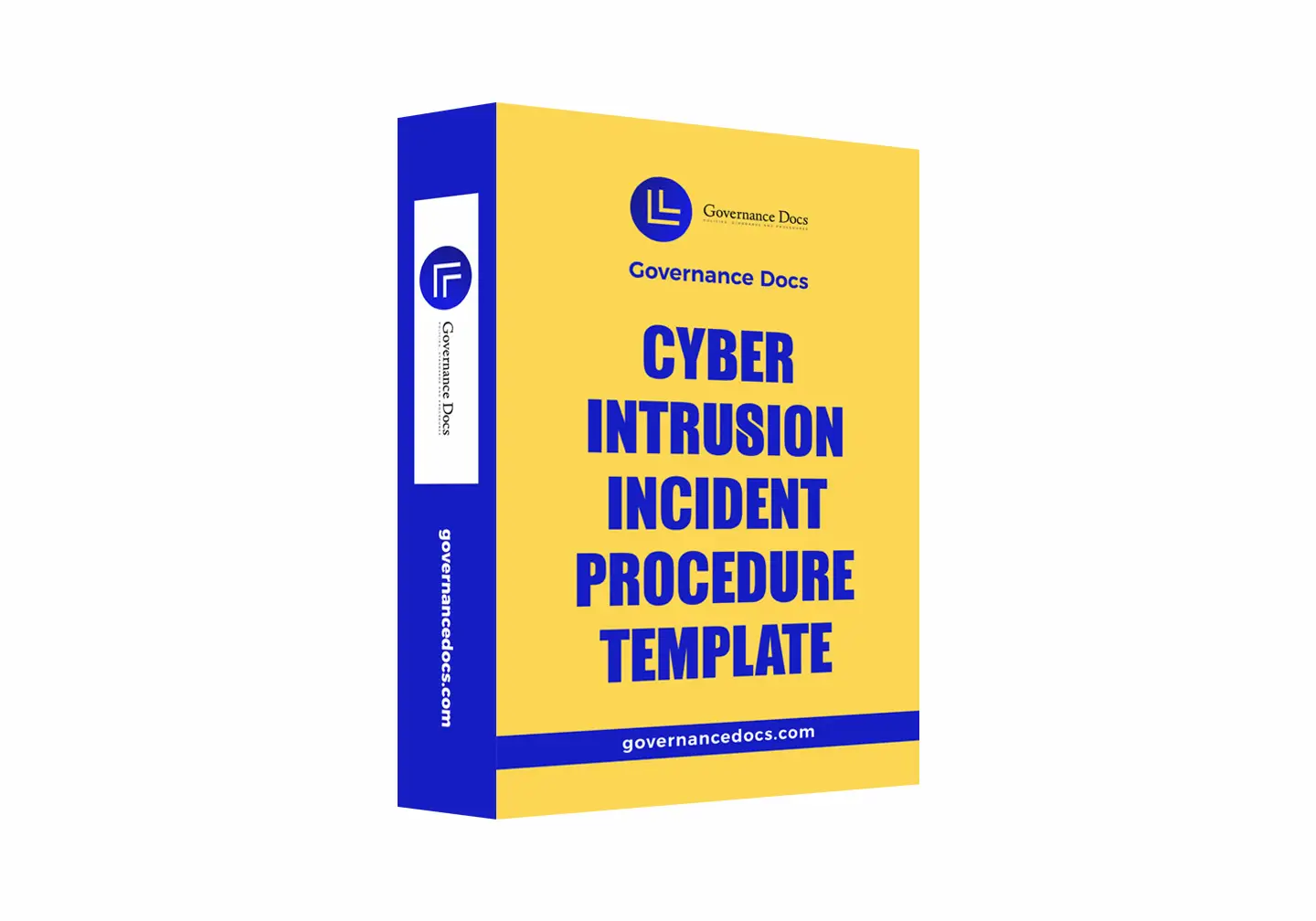Cryptographic Policy
In the ever-evolving landscape of digital transactions, where the exchange of sensitive information is as common as the air we breathe, the need for robust security measures has never been more critical. Enter the Cryptographic Policy, a beacon of security in the realm of Information Security and PCI-DSS compliance. This policy is not just a guideline; it is a fortress designed to safeguard cardholder data through the meticulous application of encryption and cryptographic controls.
At its core, the Cryptographic Policy is a comprehensive framework that ensures the integrity, confidentiality, and authenticity of sensitive data. It is a meticulously crafted policy that aligns with the stringent requirements of PCI-DSS, a global standard for payment card security. By adhering to this policy, organizations can confidently navigate the complex waters of data protection, knowing that their cardholder data is shielded from prying eyes and malicious intent.
One of the standout features of the Cryptographic Policy is its adherence to the 8022 standard, a testament to its commitment to excellence and reliability. This standard ensures that the encryption methods employed are not only cutting-edge but also universally recognized for their effectiveness. By leveraging such advanced cryptographic controls, the policy provides a robust defense against unauthorized access and data breaches, which are rampant in today’s digital age.
The benefits of implementing the Cryptographic Policy are manifold. Firstly, it offers peace of mind to both businesses and their customers. In an era where data breaches can lead to significant financial losses and reputational damage, having a solid cryptographic policy in place is akin to having a safety net that catches potential threats before they can cause harm. Moreover, it enhances customer trust, as clients are more likely to engage with businesses that prioritize the security of their personal information.
Furthermore, the Cryptographic Policy is a vital tool for achieving and maintaining PCI-DSS compliance. For businesses that handle cardholder data, compliance with PCI-DSS is not just a regulatory requirement but a competitive advantage. It signals to customers and partners alike that the organization is committed to upholding the highest standards of data security. By implementing this policy, businesses can streamline their compliance efforts, reducing the time and resources spent on audits and assessments.
The value proposition of the Cryptographic Policy extends beyond mere compliance and security. It is an investment in the future of the organization, a strategic move that positions the business as a leader in information security. In a world where data is the new currency, safeguarding that data is paramount. The Cryptographic Policy empowers organizations to do just that, providing a solid foundation upon which they can build trust, drive growth, and innovate without fear.
In conclusion, the Cryptographic Policy is more than just a set of guidelines; it is a comprehensive solution for protecting cardholder data in an increasingly digital world. With its adherence to the 8022 standard, alignment with PCI-DSS requirements, and focus on encryption and cryptographic controls, it offers unparalleled security and peace of mind. For any organization looking to fortify its defenses and enhance its reputation, the Cryptographic Policy is an indispensable asset.
All GovernanaceDocs documents are developed based on well-known standards such as NIST CSF, ISO 27001, ISO 22301, PCI-DSS and HIPAA.
Hence, You just need to download and selected document and add your company name and logo.










Reviews
There are no reviews yet